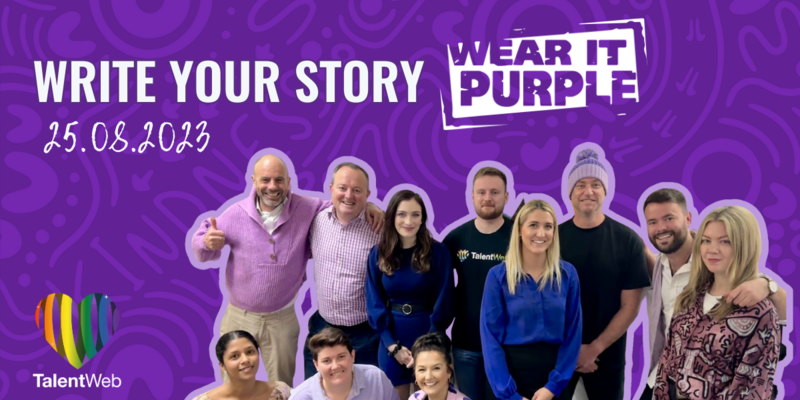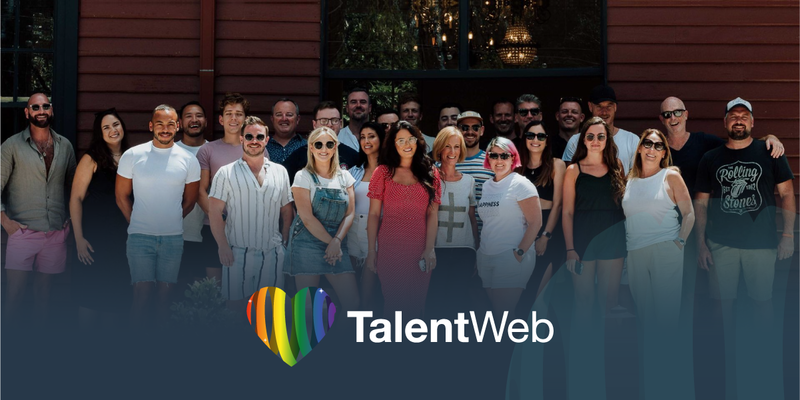
December 2, 2023
I get it… interviews can be unnatural, sometimes uncomfortable and are often conducted by people with no real expertise in sitting down to interview. So you’re gonna be nervous right? Perhaps – but there are ways to minimize those nerves and give you some control before you are “on the spot”. Here are a couple of ideas that might help you out.
CBT
Whilst cognitive behavioural therapy can be a very deep psychological concept, it is actually quite simple. Essentially you need to interpret the interview for what it is – not what you think it will be. Here are the facts:
1. You are in the interview because at least one other person believes you have the qualities to be there.
2. The person interviewing you is not doing it to embarrass or expose you (and they are probably not a sadist!) they do actually want you to do well – and you also want to do well!
3. The person conducting the interviewing can be nervous as well. They may not be experienced or confident and they may feel under pressure to perform too – YOU can help THEM by being prepared and relaxed.
INTERVIEW PREPARATION
You know that sick feeling in your stomach when you haven’t studied for a test/exam and you know that you are going to perform poorly. Yes? By the time you are in the moment it is too late to prepare. Yes? Well here’s what you should have done……prepared when you had the time!! You are likely to be more nervous if you don’t feel that you have put in the background work, so it is important to do these three things:
1. Study the job specification and come up with REAL examples of when you have performed at least 70% of the role and what achievements you can discuss. It is not a closed book exam – you can take notes, questions etc with you but the way to breeze through the basic questions about your background and the role is to have prepared actual answers based on the job specification you have received from the recruiter or business.
2. Study the company. How have they performed? Who are their competitors? What is their history? What markets are they in? Who do you know who has worked there? What are the “headwinds” challenging the business right now? Are you actually interested in the business that you are saying you want to work for and how are you going to demonstrate that?
3. Study the person interviewing you. Information is everywhere, so look for a mutual connection, similar former employers, interests that the interviewer has in common with you. You will relax if you see the interviewer as a person and not a machine.
No one ever said an intervi ew was all about thinking on your feet; an interview is neither a test of what you can remember or a sales process. It is a transfer of information designed to answer basic questions around a person’s technical capability to perform a function. Don’t overthink it and make sure you prepare!
Remember – everyone in the interview wants it to go well. All participants want a positive outcome, and you have a large amount of control on achieving that. a











